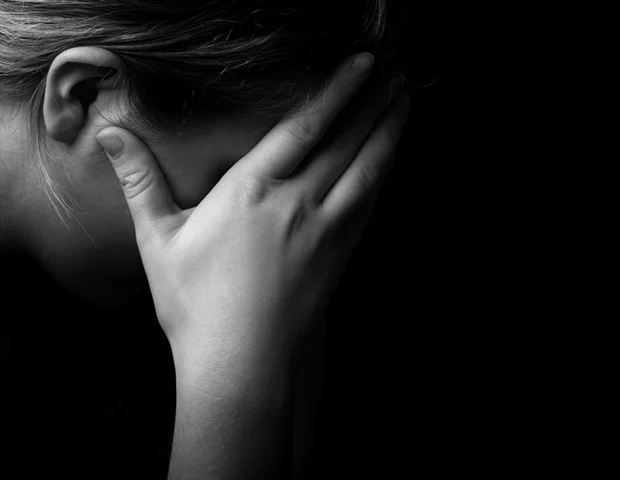
Children with asthma have a higher likelihood of also suffering from anxiety and depression, and when all three conditions are present, patients are almost twice as likely as those with asthma alone to seek care in the Emergency Room.
ER visits are frequently avoidable and sometimes unnecessary, say researchers at UCSF Benioff Children's Hospitals who led the study, publishing Sept. 25, 2019 in the journal Pediatrics. The visits, together with hospital stays that may follow, account for 61.7 percent of all asthma-related expenditures for U.S. children, according to the National Medical Expenditure Survey.
In their study of more than 65,000 children and youth with asthma, ages 6 to 21, the UCSF researchers found that the 7.7 percent of participants with both depression and anxiety had a rate of 28 ER visits per 100 child years, controlling for age, gender, insurance type and other chronic illnesses. This is almost twice the rate - 16 ER visits per 100 child years - of those without depression and anxiety.
For asthma patients who just had depression, the rate was lower, with 22 visits per 100 child years, and for those asthma patients who just had anxiety, the rate was 19 visits per 100 child years.
Asthma self-management is complex, requiring recognition of symptoms, adherence to medication and avoidance of triggers."
Naomi Bardach, MD, MAS, first author, UCSF Department of Pediatrics and the Philip R. Lee Institute for Health Policy Studies
"The symptoms of anxiety and depression can make it more challenging to follow treatment, leading to more ER visits," she said. "There also may be a greater tendency to use the ER for supportive services, even in the absence of a serious asthma attack."
The authors noted that anxiety and depression are more common in children with asthma. In their study, 11.2 percent had anxiety and 5.8 percent had depression, versus 7.1 percent and 3.2 percent, respectively, for children ages 3 to 17, according to data from the Centers for Disease Control and Prevention.
To qualify for the study, the 65,342 participants had to have had asthma-related doctor visits or hospitalizations, or prior use of preventive medications with an asthma-related doctor visit. They were identified with anxiety and depression if they had at least one inpatient, outpatient or ER visit for either condition.
Shortness of Breath, Rapid Heartbeat and Chest Pain May Result from Ambiguous Causes
"The study highlights a population of children and youth who may benefit from more intensive care coordination," said Bardach. "This may mean more careful counseling to improve medication compliance and symptom recognition. It may also mean improved mental health care for children in whom untreated depression or anxiety may hinder asthma self-management."
In some children with asthma, depression and anxiety, it can be difficult to tease out which symptom is attributed to which condition, said senior author Michael Cabana, MD, MPH, formerly of UCSF and currently with Children's Hospital at Montefiore. "Children with these conditions may seek care not only for asthma attacks, but for symptoms like shortness of breath, rapid heartbeat and chest pain, of which the causes may be ambiguous."
The research results confirm studies in adults with asthma who also had depression and anxiety. This group of patients was also found to have a higher likelihood of visits to the ER, urgent care clinics and unscheduled visits with their providers, compared to adults with asthma alone..
University of California - San Francisco.






No comments
Post a Comment